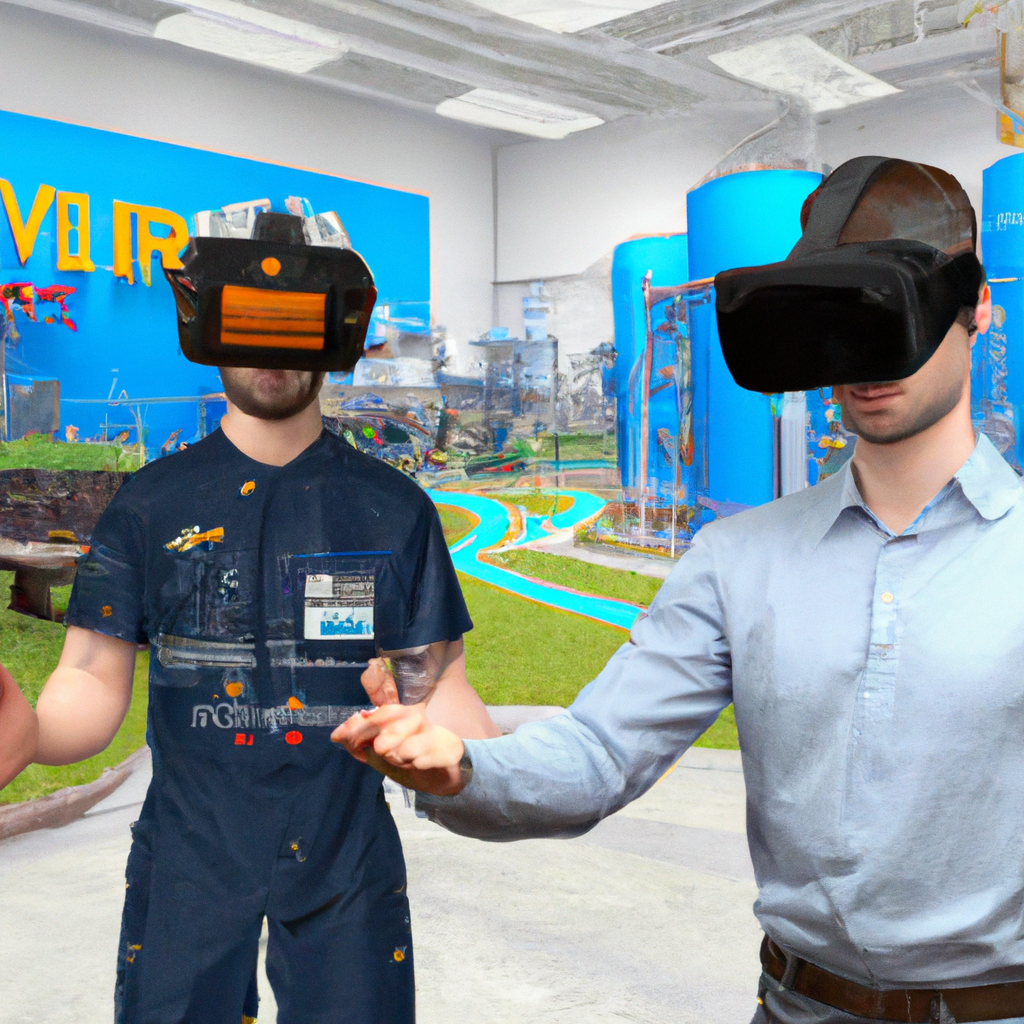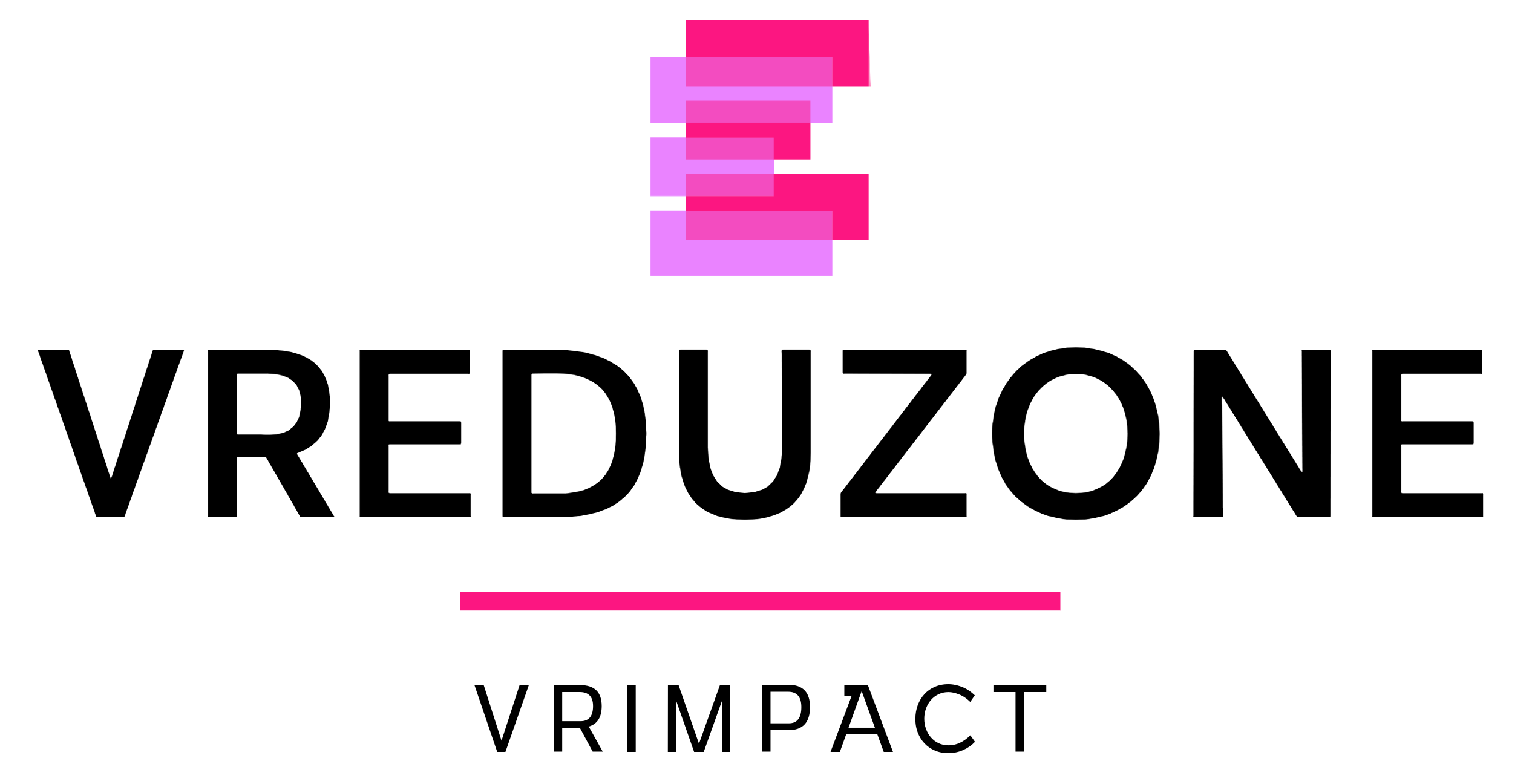작성자 정보
- dml0211 작성
- 작성일
컨텐츠 정보
- 4,650 조회
- 목록
본문

가상 현실(VR) 기술은 안전성을 높이고 공정을 최적화함으로써 화학 산업에 혁명을 일으킬 수 있는 잠재력을 가지고 있습니다. 이 기술은 화학 공장의 현실적인 시뮬레이션을 제공할 수 있는 독특한 솔루션을 제공하여 운영자가 안전하고 통제된 환경에서 절차를 교육하고 연습할 수 있도록 합니다. VR을 사용함으로써, 운영자들은 화학 공장에서 발견되는 다양한 시스템과 장비를 직접 경험할 수 있고, 사고 위험을 줄이고 전반적인 효율성을 향상시킵니다.
화학 산업에서 VR 기술의 성공적인 구현의 한 예는 한국입니다. 그 나라의 한 주요 화학 회사는 VR 기술을 그들의 훈련 프로그램에 통합하여, 새로운 운영자들이 실제로 현장에서 일하기 전에 그들에게 공장의 시스템과 절차에 익숙해질 수 있는 기회를 주었습니다. VR 시뮬레이션을 통해 운영자는 화학 물질 유출이나 화재와 같은 긴급 상황에 대처하기 위한 올바른 절차를 연습하고 이해할 수 있습니다.
화학 산업에서 VR 기술의 또 다른 적용 분야는 공정 최적화입니다. VR은 화학 공장의 대화형 3D 시뮬레이션을 제공하여 엔지니어가 실제 공장을 변경하기 전에 프로세스를 테스트하고 최적화할 수 있도록 합니다. 이를 통해 시간과 리소스를 절약할 수 있을 뿐만 아니라 비용이 많이 드는 실수의 위험도 줄일 수 있습니다. 또한, VR 시뮬레이션을 사용하여 생산 수요의 변화와 같은 다양한 시나리오를 시뮬레이션하여 최적의 작동 조건을 결정할 수 있습니다.

결론적으로, 화학 산업에서 VR 기술의 구현은 안전성을 크게 향상시키고 공정을 최적화할 수 있는 잠재력을 가지고 있습니다. VR 시뮬레이션은 사고 위험을 줄일 수 있는 몰입형 교육 경험을 제공하는 동시에 엔지니어가 실제 공장을 변경하기 전에 프로세스를 테스트하고 최적화할 수 있습니다. VR 기술이 계속 발전함에 따라, 우리는 안전과 효율성을 더욱 향상시킬 화학 산업에서 훨씬 더 많은 응용을 기대할 수 있습니다.
화학 산업에서 VR 기술을 사용하는 것의 가장 중요한 이점 중 하나는 안전 절차를 향상시킬 수 있는 능력입니다. 기존 교육 환경에서는 실제 시나리오를 재현하는 것이 어려울 수 있지만 VR을 사용하면 운영자가 화학 공장의 현실적인 시뮬레이션을 경험하고 비상 상황에 대처하는 연습을 할 수 있습니다. 이것은 실제 응급 상황에 대처할 때 그들의 자신감과 능력을 증가시킬 뿐만 아니라 사고와 실수의 위험을 줄여줍니다.
VR 기술은 또한 화학 공장의 설계를 최적화하는 데 사용될 수 있습니다. 예를 들어, 엔지니어는 VR 시뮬레이션을 사용하여 공장 배치를 테스트하고 잠재적인 안전 위험 요소 또는 프로세스를 개선할 수 있는 영역을 식별할 수 있습니다. 이를 통해 건설이 시작되기 전에 가상 세계를 변경하여 시간과 리소스를 절약할 수 있습니다.

VR 기술은 안전성을 높이고 공정을 최적화하는 것 외에도 화학 산업 내의 통신 및 협업을 개선할 수 있습니다. VR을 사용하면 여러 부서의 팀이 협력하여 화학 공장의 가상 표현을 탐색하고 아이디어를 공유할 수 있습니다. 이것은 더 효율적인 문제 해결과 의사 결정으로 이어질 수 있습니다.
결론적으로, VR 기술은 화학 산업의 미래에 중요한 역할을 할 수 있는 잠재력을 가지고 있습니다. 화학 공장의 안전하고 현실적인 시뮬레이션을 제공함으로써 VR 기술은 안전 절차를 개선하고 프로세스를 최적화하며 업계 내 커뮤니케이션과 협업을 개선할 수 있습니다. VR 기술이 계속 발전함에 따라, 우리는 화학 산업에서 안전성, 효율성 및 전반적인 성능을 향상시키는 훨씬 더 많은 응용 프로그램을 볼 수 있을 것으로 기대할 수 있습니다.

요약:.
가상 현실(VR) 기술은 화학 산업에서 안전성을 향상시키고 프로세스를 최적화하기 위한 고유한 솔루션을 제공합니다. 운영자가 안전하고 통제된 환경에서 절차를 교육하고 연습할 수 있도록 하여 사고 위험을 줄입니다. VR 시뮬레이션은 또한 화학 공장의 설계를 최적화하고, 의사소통과 협업을 개선하며, 보다 효율적인 문제 해결 경험을 제공하는 데 사용될 수 있습니다.
Virtual Reality (VR) technology has the potential to revolutionize the chemical industry by enhancing safety and optimizing processes. This technology offers a unique solution that can provide a realistic simulation of a chemical plant, allowing operators to train and practice procedures in a safe and controlled environment. By using VR, operators can get hands-on experience with the various systems and equipment found in a chemical plant, reducing the risk of accidents and improving overall efficiency.
One example of the successful implementation of VR technology in the chemical industry is in South Korea. A major chemical company in the country has integrated VR technology into their training programs, giving new operators the chance to familiarize themselves with the plant’s systems and procedures before actually working in the field. The VR simulation allows operators to practice and understand the correct procedures for dealing with emergency situations, such as a chemical spill or fire.
Another application of VR technology in the chemical industry is for process optimization. VR can provide an interactive 3D simulation of a chemical plant, allowing engineers to test and optimize processes before making changes to the actual plant. This can save time and resources, as well as reduce the risk of costly mistakes. Furthermore, VR simulations can be used to simulate different scenarios, such as changes in production demand, to determine the optimal operating conditions.
In conclusion, the implementation of VR technology in the chemical industry has the potential to significantly improve safety and optimize processes. VR simulations provide an immersive training experience that can reduce the risk of accidents, while also allowing engineers to test and optimize processes before making changes to the actual plant. As VR technology continues to evolve, we can expect to see even more applications in the chemical industry that will further enhance safety and efficiency.
One of the most important benefits of using VR technology in the chemical industry is the ability to enhance safety procedures. In a traditional training setting, it can be difficult to recreate real-life scenarios, but with VR, operators can experience a realistic simulation of a chemical plant and practice dealing with emergency situations. This not only increases their confidence and competence when dealing with real emergencies, but also reduces the risk of accidents and mistakes.
VR technology can also be used to optimize the design of a chemical plant. For example, engineers can use VR simulations to test the layout of a plant and identify potential safety hazards or areas where processes can be improved. This allows them to make changes in the virtual world before construction begins, saving time and resources.
In addition to enhancing safety and optimizing processes, VR technology can also improve communication and collaboration within the chemical industry. With VR, teams from different departments can work together to explore a virtual representation of a chemical plant and share ideas. This can lead to more efficient problem-solving and decision-making.
In conclusion, VR technology has the potential to play a significant role in the future of the chemical industry. By providing a safe and realistic simulation of a chemical plant, VR technology can enhance safety procedures, optimize processes, and improve communication and collaboration within the industry. As VR technology continues to evolve, we can expect to see even more applications that will improve safety, efficiency, and overall performance in the chemical industry.
Summary:
Virtual Reality (VR) technology offers a unique solution to enhance safety and optimize processes in the chemical industry. It allows operators to train and practice procedures in a safe and controlled environment, reducing the risk of accidents. VR simulations can also be used to optimize the design of a chemical plant, improve communication and collaboration, and provide a more efficient problem-solving experience.







